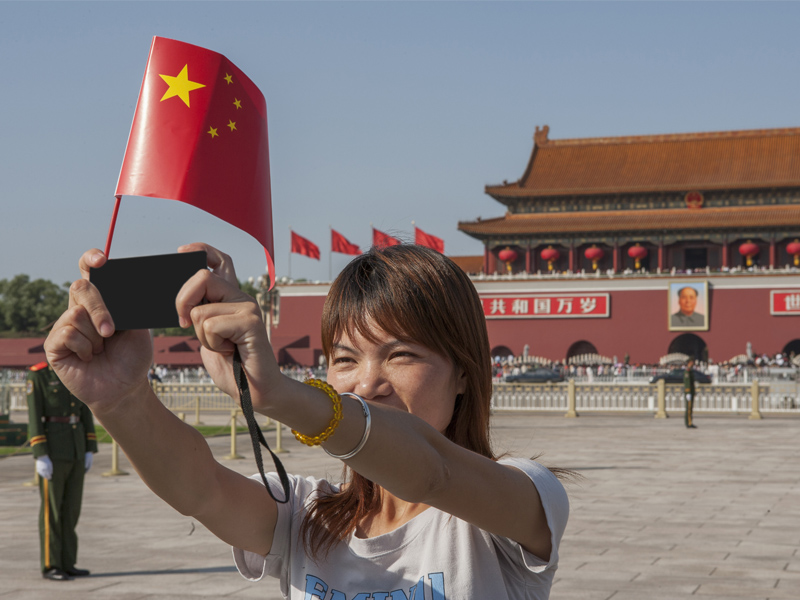China's Tourism industry continues to be severely affected by the COVID-19 pandemic. source Scmp
Provinces have reduced travel prices as a result. They offer tax cuts and ask local residents to save an industry that employs millions.
Official data indicates that tourism declined this year due to additional COVID-related travel restrictions. Mass testing and new lockdowns may also be a factor.
Particularly, the southern provinces Yunnan (and Hainan) are in trouble. Their economies are dependent on tourism incomes. The northern parts of the country with shorter seasons of warm weather are also in trouble.
As the Omicron virus spreads, the tourism situation has become worse. In 2019, tourism accounted for more than 11 percent of China’s gross domestic products and supported almost 80 million jobs.
Tian Yun was a former economist with the state economic planning office. Tian anticipated that inter-province visits would increase during the three day Dragon Boat Festival holiday in June.
Tian stated that if inter-province travel is banned during Dragon Boat Festival, this years tourism... will be in chaos.
Tian stated that China's 2022 growth rate could be impacted by a lack of tourism. According to the government, the economy will grow by 5.5% this year. source
People aren't traveling because of cancellations and delays in flight travel. About 35,000 weekly flights fly inside China each week. This is the lowest figure since 2000.
According to official data, five percent of tourists visiting China's most popular tourist destinations during the holiday honoring the ancestors were from outside the country.
Hohhot is the capital in the northern Chinese region of Inner Mongolia. It is well-known for its grasslands. The number of tourists who visited the area during the holiday fell by half. The earnings from tourism declined 53.5 percent in comparison to one year ago.
Tourism gains in the southern island province Hainan (also known as China's Hawaii) also declined. Official numbers revealed that the number of tourists visiting Sanya, a beach in Hainan, fell 99 percent over the holiday.
Reliance on Chinese people in 2021 -2022
Tourists from Ningxia were able to increase the number of trips, which is a poor region that relies on tourism in northwest China.
Ningxia provided passes for its residents to over 60 scenic locations for only $31. This is a significant price drop when compared to regular costs. Even with the higher number of visitors during the three-day holiday, earnings fell 16.3 percent compared with one year ago.
Gu Xuebo, a Ningxia driver/guide, is Gu Xuebo. According to him, locals drive their own cars and can travel to scenic spots by themselves. He also said that locals don't need hotel rooms.
A Travel agency stated that his 14-seat vehicle had largely remained unoccupied since August. Gu only had two clients this year.
in Yunnan, this travel agency stated that several drivers who worked for me for six to seven years all changed jobs.
The bookings for Desert Star Hotel in Ningxia’s Shapotou Scenic Area are down 70% compared to a year ago.
Zhang, a hotel worker, said that tourists from other provinces can't come to China so they have to rely upon local tourists. It's better to have one than none.
